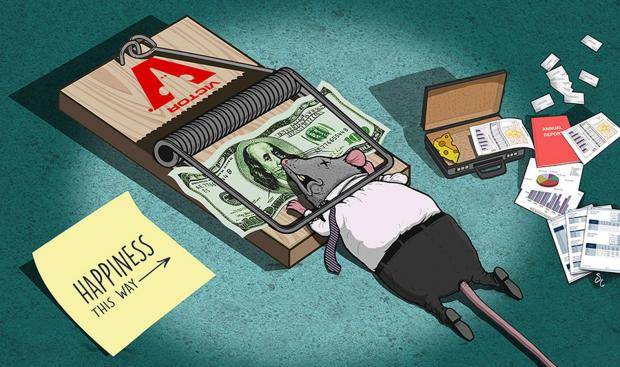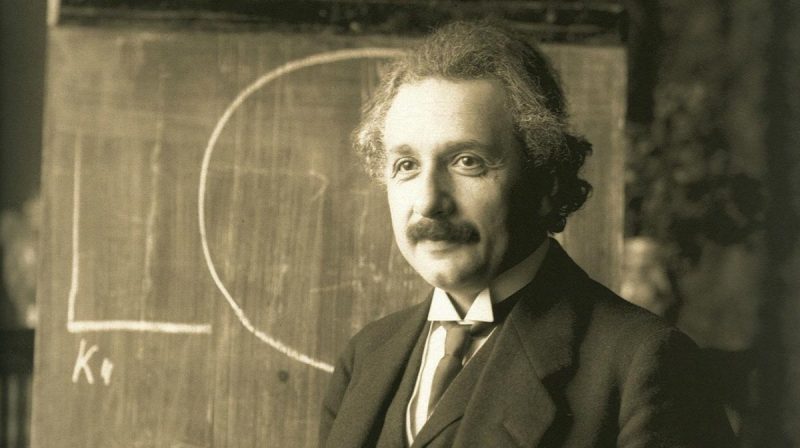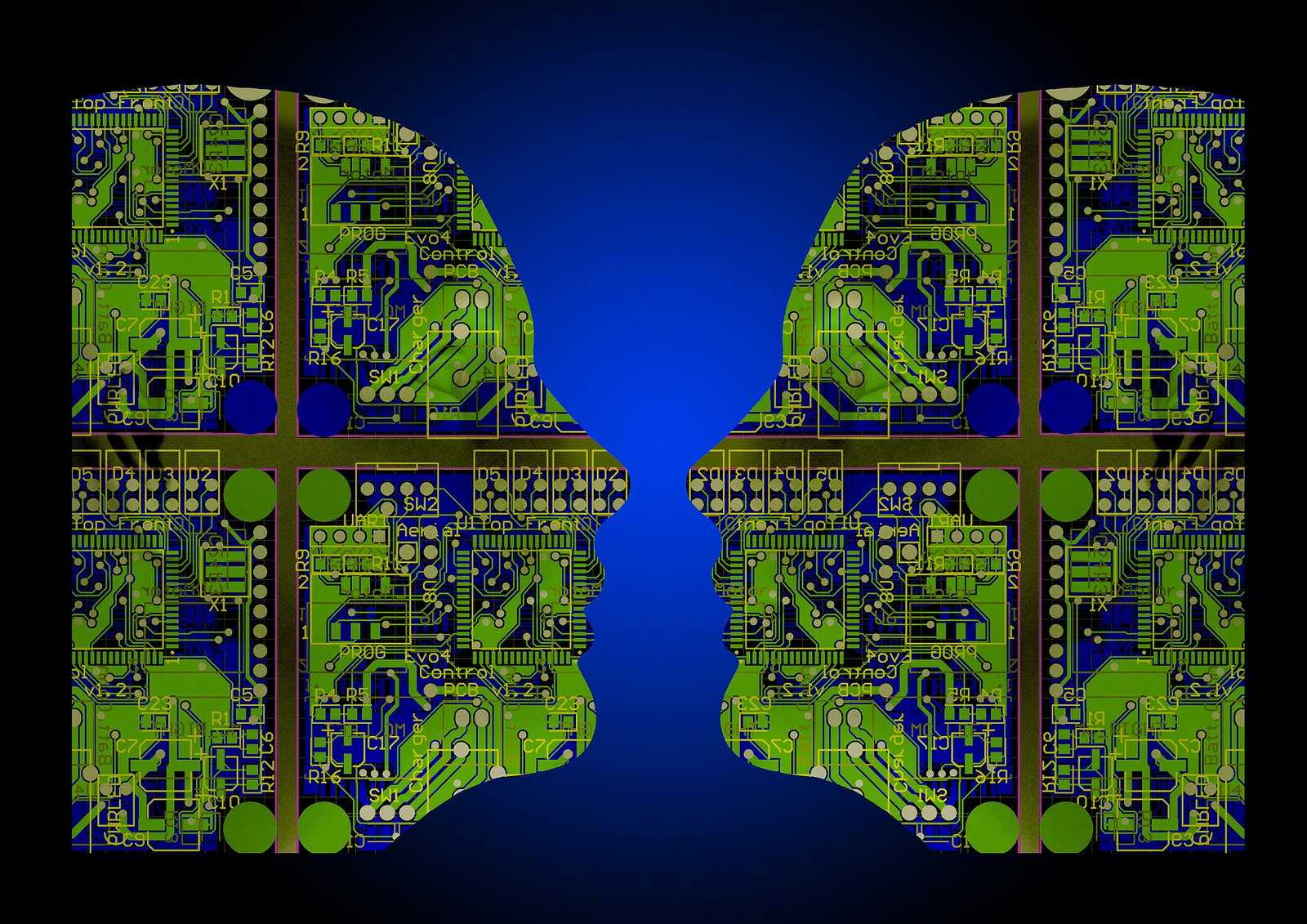Is Karl Marx’s critique of capitalism still relevant to the 21st century? Can we ever read him independently of the movements that violently seized state power in his name, claiming to represent the workers through the sole will of the Party? These are questions Marxists must confront, as must all serious defenders of capitalism, who cannot afford to ignore Marx. He understood and articulated the problems of political economy better than any theorist of his day and posed a formidable intellectual challenge to the values liberal democracies claim to espouse, and those they actually practice through economic exploitation, perpetual rent-seeking, and the alienating commodification of everything.
In his School of Life video explainer above, Alain de Botton sums up the received assessment of Communist history as “disastrously planned economies and nasty dictatorships.” “Nevertheless,” he says, we should view Marx “as a guide, whose diagnosis of capitalism’s ills helps us to navigate toward a more promising future”—the future of a “reformed” capitalism. No Marxist would ever make this argument; de Botton’s video appeals to the skeptic, new to Marx and not wholly inoculated against giving him a hearing. His ideas get boiled down to some mostly uncontroversial statements: Modern work is alienating and insecure. The rich get richer while wages fall. Such theses have attained the status of self-evident truisms.
More interesting and provocative is Marx’s (and Engels’) notion that capitalism is “bad for capitalists,” in that it produces the repressive, patriarchal dominion of the nuclear family, “fraught with tension, oppression, and resentment.” Additionally, the imposition of economic considerations into every aspect of life renders relationships artificial and forms of life sharply constrained by the demands of the labor market. Here Marx’s economic critique takes on its subtly radical feminist dimension, de Botton says, by claiming that “men and women should have the permanent option to enjoy leisure,” not simply the equal opportunity to sell their labor power for equal amounts of insecurity.
The video won’t sway staunchly anti-communist minds, but it might make some viewers curious about what exactly it was Marx had to say. Those who turn to his masterwork, Das Kapital, are likely to give up before they reach the twists and turns of the arguments de Botton outlines in broad strokes. The first and most famous volume is hard going without a guide, and you’ll find fewer better than David Harvey, Professor of Anthropology and Geography at the City University of New York’s Graduate Center.
Harvey’s Companion to Marx’s Capital has guided readers through the text for years, and his lectures on Marx have done so for students going on four decades. In the video above, see an introduction to Harvey’s lecture series on volume one of Marx’s Capital, and at our previous post, find complete videos of his full lecture series on Volumes One, Two, and part of Volume Three. Harvey doesn’t claim that a kinder, gentler capitalism can be found in Marx. But as to the question of whether Marx is still relevant to the vastly accelerated, technocratic capitalism of the present, he would unequivocally answer yes.
Related Content:
David Harvey’s Course on Marx’s Capital: Volumes 1 & 2 Now Available Free Online
What Makes Us Human?: Chomsky, Locke & Marx Introduced by New Animated Videos from the BBC
Josh Jones is a writer and musician based in Durham, NC. Follow him at @jdmagness






